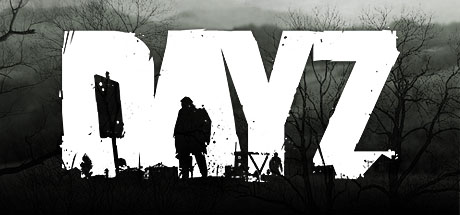
Exploring the Grasshopper’s Way of Life [1] (wikimedia)
Imagine the world we live in today. It has poverty, malnutrition, crime, trash, disease, and war. It also has artists, hard-workers, activists, and thinkers. Now, imagine a world with just the positives. In fact, try to imagine a
utopia where resources are infinite, your actions have no effect on other humans, and the only impact that you can make is positive. (All negative impacts are automatically fixed, and there is no human loss because everyone heals and lives forever.) This utopia is a world that YOU should dream of living in. Confused? Let me explain.
The world we live in today requires us to have a job, and earn paper with artificial value (this is money for those who did not get it) to survive and live happily. Without this and without inherited wealth, we are forced to struggle daily until our deaths for basic food and shelter. Most people who have survival as their goal usually get a job. Those who really understand this concept also understand the benefit of an education. Education gives us the tools we need to survive in this world. One could argue that education allows us to find better jobs, which mean better food, shelter, and a higher chance at survival. (This somewhat supports Louis Menand’s theory 1 about selectivity (selectivity as a test for better survival) in his article “Live and Learn”) All of this shows that our world makes simple survival rather difficult. This is precisely the problem that the utopia proposed above would eliminate to improve everyones life.
In addition to this assurance of survival, this utopia has other benefits. It is a place where you can be what you want to be. A place where you have no restrictions and you can do what you want without consequences. Most importantly, this is a place where the beliefs of Thomas Hobbes from Leviathan simply do not exist since in this world, nobody can get hurt. Without this harm, people have no reason to be unified, and can live in their own self-interest freely. The only asterisk in this world is that it would have be somewhat inspired by Jean-Jacques Rousseau in that anything that an individual creates that benefits the world will automatically be distributed to rest of the world (for mutual benefit). To be clear, everyone works for their self-interest, but if they find something that benefits others they share it in the spirit of Rousseau. With all these positives and the freedom to do what you want (John Locke’s belief in the Second Treatise of Government that freedom is the most important value), it is hard to imagine a world that could be any better. This is the world in which the grasshopper from Bernard Suits The Grasshopper: Games, Life, and Utopia would dream of living.
To readers unfamiliar with Suits grasshopper, it is a rather sad story. The grasshopper believed that life should be all play, and that he would only do stuff if he felt that it was play. As a result, the grasshopper decides to not work hard (which is not playing) and decides to play. This leads to his eventual death. The grasshopper, however, believes that what everyone calls work is in many cases play (the grasshopper inherent) since they like to do it (a builder likes to build and this is his way of playing). In the world today, the grasshopper would not survive since there are requirements and mandatory work needed for survival. However, in the utopia, the grasshopper would survive since all necessities are provided for and he could play all day long. In this world full of freedom, self-interest, and play, everyone would be a grasshopper because there are no obligations and there are no restraints. Any action anyone would take would be due to their interest and their own perception of play. This is the world where progress would be made due to self-interest and self-enthusiasm. No company, person, or government could influence people to do work (in theory they may not even exist) and all work would be beneficial in a sense to everyone else (Rousseau’s ideology). By now, I hope you dream of this world as well; a world of grasshoppers apparent.

An Imagination of Utopia [2] (wikimedia)



